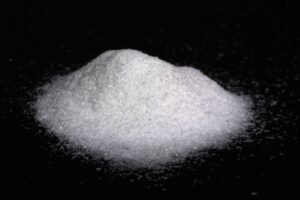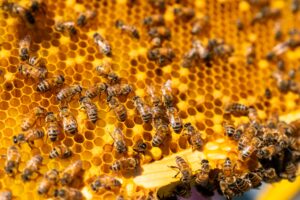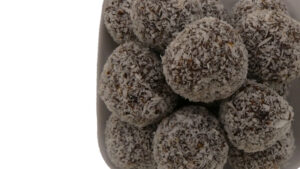Turmeric, a member of the ginger family, is commonly used in Asian cooking. It can be used fresh, or dried and ground, and also features in traditional Indian medicine.
If you’ve ever had curry powder, chances are you’ve eaten turmeric. It’s the spice that gives the golden yellow colour to a lot of curries.
What’s caught scientists’ attention is the compound responsible for the yellow colour in turmeric—curcumin.
Curcumin is thought to have antioxidant and anti-inflammatory properties. There’s also evidence it could be good for your mental health when used to fight depression.
COULD CURCUMIN HELP IMPROVE YOUR MENTAL HEALTH?
A Murdoch University study found curcumin is better than a placebo at reducing symptoms in people with a major depressive disorder.
The research found 250mg of curcumin, 500mg of curcumin and a combination of curcumin and saffron, were all effective.
The treatments also reduced anxiety.
Curcumin worked best in study participants with atypical depression, who make up about 40% of adults with depression.
This could be because people with atypical depression have high levels of inflammation.

HOW MUCH IS ENOUGH
Unfortunately ordering an occasional turmeric latte or indulging in a curry is not enough.
You’d need a lot of turmeric to get the health benefits found in the study, according to clinical psychologist and lead researcher Dr Adrian Lopresti.
“Only a small amount of curcumin is in turmeric,” he says.
“So you’d have to eat several tablespoons a day of turmeric to get the amounts of curcumin that we used.”
“It’s the curcumin in the turmeric that seems to have the main anti-depressive and anti-inflammatory effects rather than the whole plant.”
Adrian says curcumin and saffron could be used as an alternative to anti-depressant drugs for people with mild to moderate depression.
“I think the danger still is where people are looking for this magic bullet,” he says.
“Ultimately for a treatment to be effective for depression you’ve got to attack it from different fronts. You’ve got to look at sleep patterns, exercise, stresses in life, how they cope.”
“It’s one component of an intervention and that’s really how we need to look at treatments for mental health disorders.”
“If you eat herbs and spices throughout your life you might reduce your risk of depression, possibly.”
MAKE MINE A DIRTY GOLDEN
Adrian says turmeric and saffron are both potent antioxidants and anti-inflammatories.
They’re neuroprotective and appear to increase neurotransmitters in the brain such as serotonin.
But hitting up your local cafe for a golden turmeric latte (or a dirty golden as it’s called if it also contains a shot of coffee) is probably not therapeutic.
“If you eat herbs and spices throughout your life you might reduce your risk of depression, possibly,” Adrian says.
“But as a treatment you probably need a more concentrated, regular dose.”







